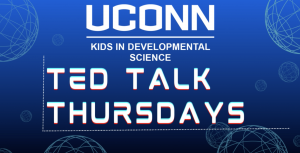 The glaring lack of educational accessibility for Deaf children constitutes a crisis, perpetuating cycles of inequality and marginalization. Across diverse regions and socioeconomic contexts, Deaf children encounter formidable barriers to learning, stemming from insufficient language exposure and limited resources tailored to their needs. This deprivation of early language acquisition deprives Deaf children of the foundational skills necessary for academic success and social integration, perpetuating a cycle of educational disadvantage and hindering their future prospects.
The glaring lack of educational accessibility for Deaf children constitutes a crisis, perpetuating cycles of inequality and marginalization. Across diverse regions and socioeconomic contexts, Deaf children encounter formidable barriers to learning, stemming from insufficient language exposure and limited resources tailored to their needs. This deprivation of early language acquisition deprives Deaf children of the foundational skills necessary for academic success and social integration, perpetuating a cycle of educational disadvantage and hindering their future prospects.
To address these systemic disparities, concerted efforts are needed to advocate for policy reform, enhance teacher training programs, and foster community engagement in support of Deaf learners. By prioritizing inclusive educational policies and allocating resources to support Deaf education, stakeholders can create environments that facilitate language acquisition and empower Deaf children to thrive academically and socially. Moreover, raising awareness about the importance of sign language and promoting Deaf culture can challenge stereotypes and foster greater societal acceptance, paving the way for a more inclusive and equitable educational landscape for Deaf children worldwide.
To read more about this topic, watch the full TedTalk here.
Jasleen Kaur, UConn KIDS Research Assistant